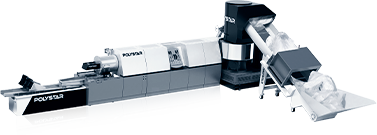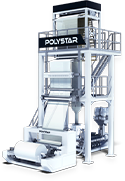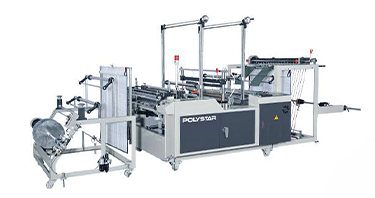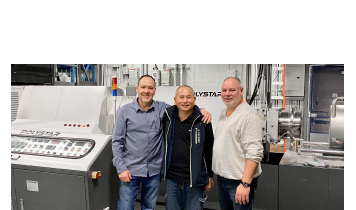We use cookies and other tracking technologies to improve your browsing experience on our website, By clicking "Accept All," you agree to allow cookies to be placed to enhance your browsing experience on this website to show you personalized content and targeted ads, to analyze our website traffic, and to understand where our visitors are coming from. You can manage your cookie settings below. Clicking "Confirm" indicates your agreement to adopt the current settings.
CPP Film Production Wastes - Benefits of Recycling Them
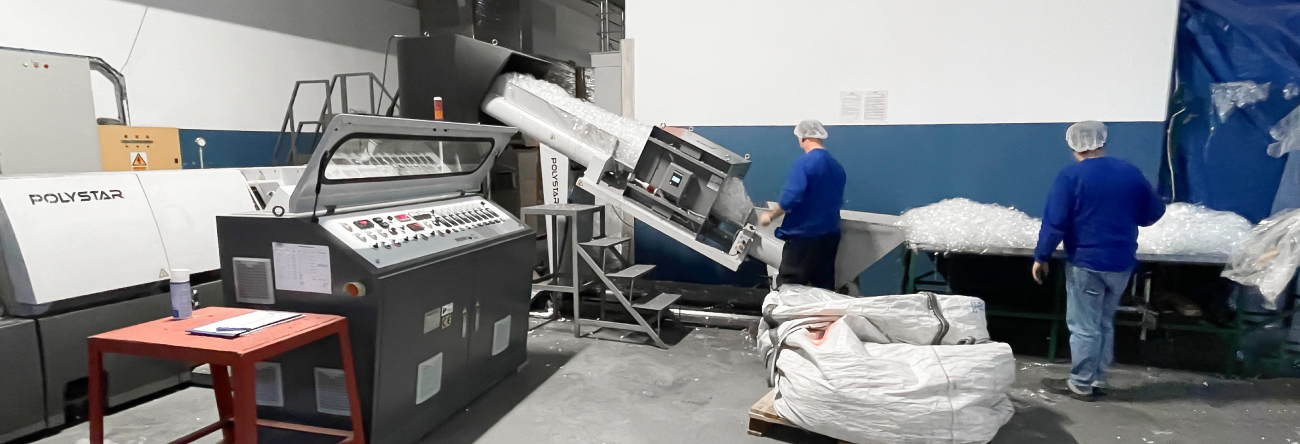
Several factors make CPP films (Cast Polypropylene Films) the most preferable film type for food packaging, non-food packaging, medical packaging, lamination, and printing applications. The huge demand for this film type brings with the increasing production volume as well as production waste, mostly caused by edge trims. The good news is that CPP film can be 100% recyclable without releasing harmful or toxic materials and can be reused in packaging film production.
How can we recycle CPP film waste?
The most economical recycling method for CPP film production waste is recycling them in-house, just right in the same factory they are created. For this, a compact and integrated machine that can combine several steps of plastic recycling would be a big advantage for producers since their main business is the production and they might have limited space in the factory.
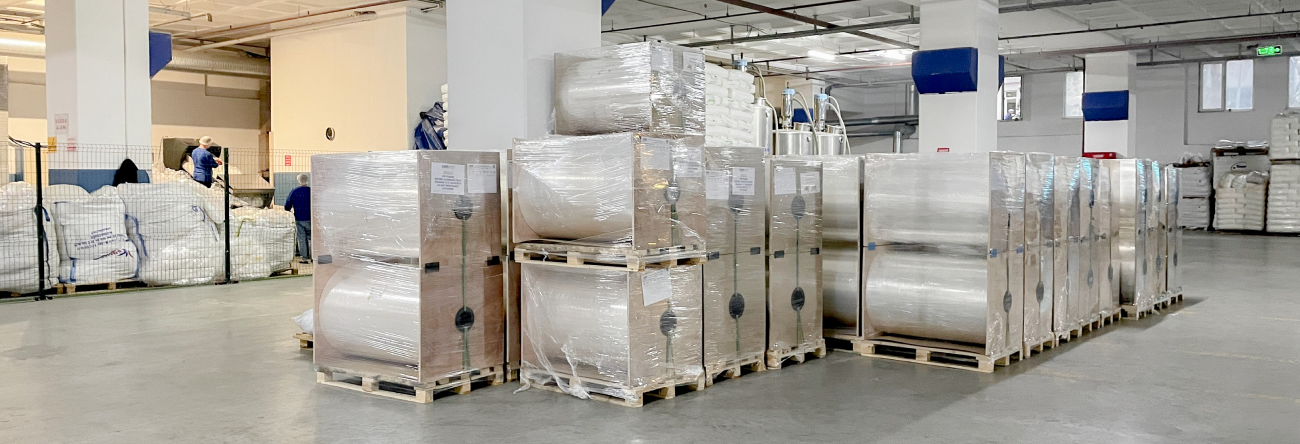
A famous Turkish cast film producer Kamel Cast Film recycles its CPP edge trim wastes with Repro-Flex plastic recycling machine. Besides eliminating plastic pollution and garbage, the company sells these high-quality recycled CPP pellets in the local market and Europe region for profit.
The reasons for choosing POLYSTAR and its machine are summarized by the CPP producer below:
- Simple and compact machine designed for energy-saving and easy operation
- Stable and reliable machine quality, fast delivery of spare parts
- Helpful technical support including troubleshooting and spare parts supply
- Flexible customization and system integration capability
- Reasonable price with excellent quality for long-run operations
Advantages of recycling CPP film production wastes in-house
1. Saving transportation costs and decreasing storage space
2. Controlling the quality of recycled CPP pellets
Using an outsourced recycling service for production wastes might be difficult to maintain the quality of recycled pellets for several reasons such as contamination, mixing with other types of plastics, quality differences between batches, etc. Recycling these CPP in-house production wastes can solve many of these problems.3. CPP edge trims can create profit
4. Conserving Natural Resources
The lifecycles of the CPP plastic wastes can be increased by recycling. This helps prevent pollution and also reduces non-renewable resource usage. Producers can easily maintain the purity of the plastics or the same formulation for production with industrial recycling. This refers to the higher chance of reusability of the CPP recycled pellets several times in the circular economy.
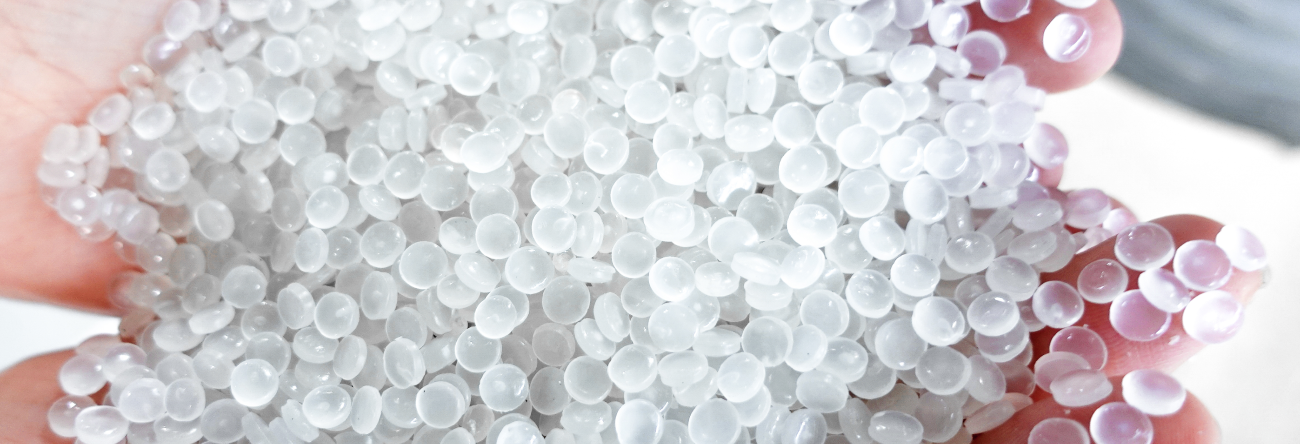
In conclusion, CPP films are recyclable, and better to recycle them in the production facility to reduce the costs and increase pellet reusability. The recycled pellets from CPP films can be reused in the production of many different packaging materials. To increase the profitability in the long term, it is suggested to invest in a stable quality machine. To get assistance finding the most suitable plastic recycling machine for your budget and requirements, you can contact POLYSTAR.
Learn more
About the Author
Resul Gökpınar
International SalesResul creates up-to-date content based on his experience, gained by solving customers' problems in Turkey and the EMEA market.




